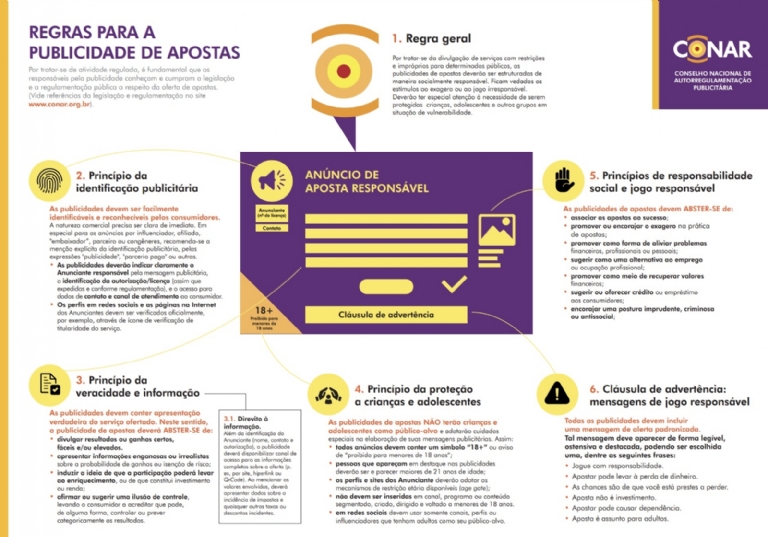

The Official Gazette of the Union on December 30 brought the sanction by President Luiz Inácio Lula da Silva to the law project that regulates the activities of betting companies in the national market.
The project's text had been approved by the Chamber of Deputies on the last day of the 21st, after being submitted to the Senate and various debates in the Chamber itself.
With the regulation, the Federal Government expects to increase revenue through taxation of the amounts invested in bets and on prizes. Betting companies are now obligated to pay a 12% tax on their revenue to the government.
As for the bettors, they will have to bear a 15% tax on the amounts of received prizes. The text approved by the Chamber provided that the tax would not be charged on prizes whose value was less than R$ 2,112. However, this passage was vetoed in the presidential sanction.
Immediately after the presidential sanction of the regulation of betting houses, the National Council for Advertising Self-Regulation (CONAR) published Appendix X, which outlines the rules for advertising messages from such companies.
The document had been prepared by CONAR on the last day of the 11th, and the entity awaited the presidential sanction for publication.
During the legislative process, the Senate and the Chamber determined that CONAR would be tasked with creating a set of ethical principles for advertisers in the betting segment. The self-regulatory body had already published a list of recommendations for advertising messages from sports-related companies.
What are the rules for betting advertising?
According to CONAR, Appendix X "presents a set of proportionate rules, based on the main international references and calibrated according to each advertising format, serving the central purpose of improving the commercial communication environment of the betting segment."
The text considered the experience of betting advertising in various countries and is based on five principles: advertising identification; truthfulness and information; protection of children and adolescents; social responsibility and responsible gambling.
Initially, following the principle of the CONAR General Code, advertising messages from betting companies must have the commercial content identified. In other words, covert advertising by advertisers in the segment is not allowed.

CONAR also determines that betting companies must truthfully detail the possible outcomes of the activities advertised, so that consumers can make decisions based on real elements. Messages that make promises of guaranteed winnings and results, as well as the dissemination of unrealistic information about the probability of winning, are prohibited at this point.
Additionally, Appendix X establishes a series of content restrictions and advertising targeting to children and adolescents under 18 years old. Thus, the inclusion of the "18+" symbol or the notice "prohibited for individuals under 18 years old" becomes necessary. Betting companies also cannot use any element in their ads that alludes to the child's world or that may attract the attention of children.
Similarly, the participation of children and adolescents in betting house campaigns is prohibited. Actors and professionals hired for commercials and advertising messages must, according to CONAR, "be and appear to be" over 21 years old. It is also required that influencers chosen to promote betting companies predominantly have an adult audience.
Financial and Psychological Impacts of Betting Advertising
Appendix X also stipulates that betting companies make clear to consumers the possible psychological impacts of games, foreseeing the prohibition of stimulating or exaggerating irresponsible betting practices.
Source: GMB / Meio&Mesagem